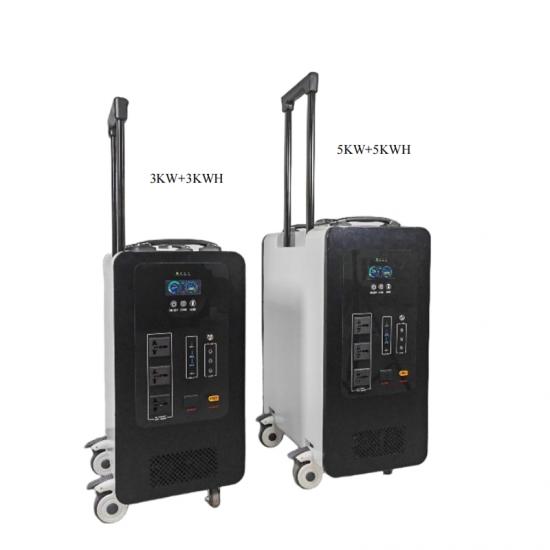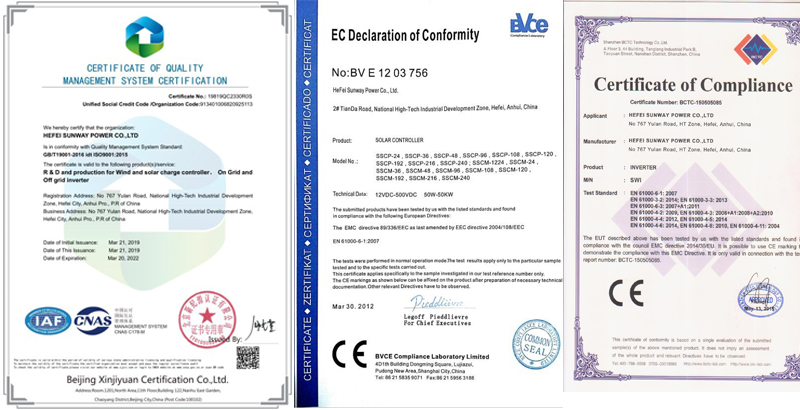How Long Will a 15kWh Battery Power a House? A Homeowner’s Guide
As energy costs rise and sustainability becomes a priority, homeowners are increasingly turning to battery storage systems to secure their power supply. One of the most common questions we hear is: “How long will a 15kWh battery power my house?” The answer isn’t one-size-fits-all, but this guide will break down the factors involved and help you make an informed decision.
Understanding a 15kWh Battery
A 15kWh (kilowatt-hour) battery stores enough energy to theoretically deliver 15 kilowatts of power for 1 hour, 5 kilowatts for 3 hours, or any combination in between. However, real-world performance depends on three key factors:
-
Your Household’s Energy Consumption
-
What Appliances You’re Powering
-
Battery Efficiency and Inverter Performance
Let’s dive deeper.
Scenario 1: Powering Essentials During an Outage
If the grid goes down, most homeowners prioritize critical loads. A 15kWh battery can comfortably support:
-
Refrigerator (1–2 kWh/day)
-
Lights (0.5–1 kWh/day)
-
Wi-Fi + Charging (0.5 kWh/day)
-
HVAC Fan (1–3 kWh/day)
Total Daily Use: ~3–7 kWh
Runtime: 2–5 days for essentials alone.
Scenario 2: Full Household Backup
For homes aiming to maintain normal operations (without solar input), runtime shrinks significantly. The average U.S. household uses ~30 kWh/day, but energy-efficient homes might use 15–20 kWh.
-
High Consumption (30 kWh/day): ~12–18 hours
-
Efficient Home (15 kWh/day): ~24–30 hours
Why the range? Batteries rarely discharge to 0%—most inverters stop at 10–20% to protect lifespan.
Key Factors Affecting Runtime
-
Inverter Efficiency (90–95%): Converts DC battery power to AC, losing some energy.
-
Peak Loads: Starting heavy appliances (e.g., AC, pumps) requires bursts of power that drain batteries faster.
-
Solar Integration: Pairing a battery with solar panels can extend runtime indefinitely during sunny days.
Market Trends Driving Demand
-
Rising Grid Instability: Weather-related outages increased by 64% in the U.S. over the past decade (DOE).
-
Solar Pairing: 80% of new solar installations include battery storage (Wood Mackenzie).
-
Smart Energy Management: Systems like Tesla Powerwall and LG Chem optimize usage to stretch runtime.
Maximizing Your 15kWh Battery’s Potential
-
Audit Your Usage: Identify energy hogs with tools like Sense or Emporia Vue.
-
Stagger High-Load Appliances: Avoid running dishwashers, dryers, and AC simultaneously.
-
Invest in Efficiency: LED lighting, ENERGY STAR appliances, and insulation reduce demand.
Is a 15kWh Battery Right for You?
-
For Backup Priorities: Ideal for outages <2 days or partial-home coverage.
-
For Solar Owners: A 15kWh system can store excess solar energy, offsetting evening usage.
-
For Larger Needs: Consider stacking batteries or hybrid systems for whole-home resilience.














